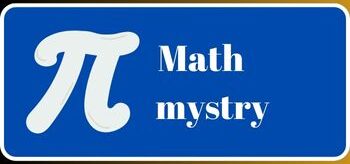Currently Empty: $0.00
What Will I Learn?
In your exploration of measure theory, you can anticipate learning the following essential concepts:
- Basic Concepts of Measure: Familiarizing yourself with definitions and properties of measures, including sigma-algebras and measurable sets.
- Lebesgue Measure: Understanding the Lebesgue measure, which broadens traditional ideas of length, area, and volume, and applying it to various sets.
- Measurable Functions: Examining the properties of measurable functions and their connections to integration and limits.
- Lebesgue Integral: Learning about the Lebesgue integral, including its characteristics, convergence theorems, and differences from the Riemann integral.
- Convergence Theorems: Analyzing important theorems related to the convergence of function sequences, such as the Dominated Convergence Theorem and Fatou’s Lemma.
- Measure on Product Spaces: Understanding how to define measures on product spaces and using Fubini’s Theorem to evaluate double integrals.
- Radon Measures: Exploring Radon measures and their importance in integration theory.
- Applications: Investigating the practical applications of measure theory in fields like probability, functional analysis, and other areas of mathematics.
By the end of your studies, you will have a strong grasp of measure theory, empowering you to tackle complex mathematical challenges and apply these concepts across various fields.
Targeted Audience
Students: Advanced undergraduate and graduate students in mathematics, statistics, or related fields seeking deeper knowledge of analysis and probability.
Researchers: Academics in mathematics focusing on analysis, probability theory, and functional analysis who need a solid understanding of measure theory.
Professionals: Individuals in data science, quantitative finance, machine learning, and statistical modeling who apply measure theory concepts in practice.
Educators: Teachers looking to improve their understanding of measure theory to better instruct their students.
Lifelong Learners: Anyone interested in mathematics wanting to explore measure theory for personal or professional growth.



